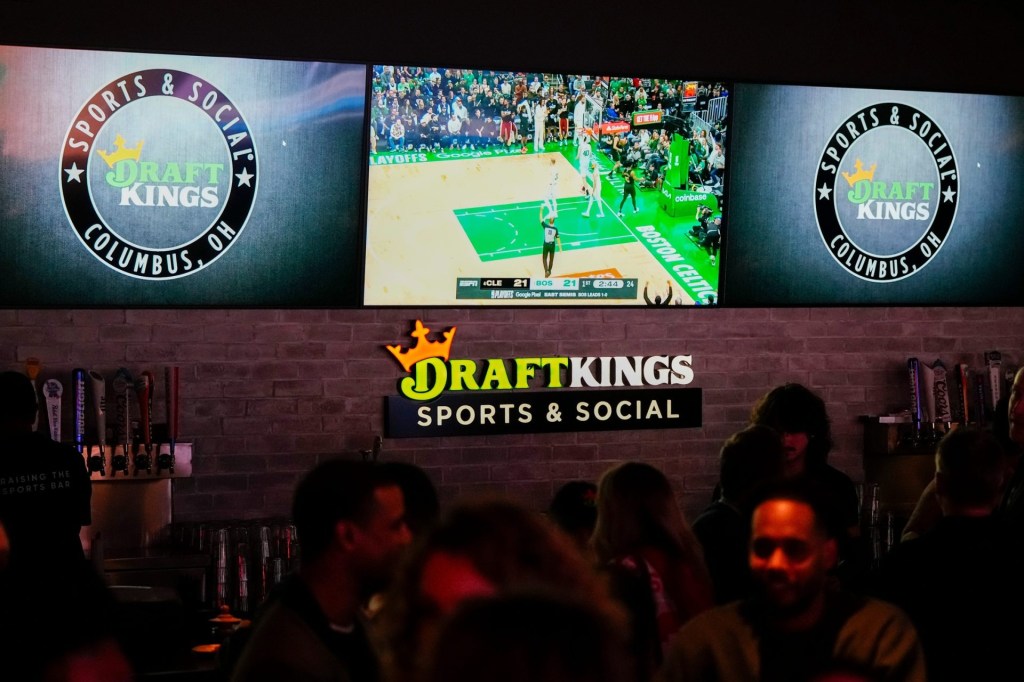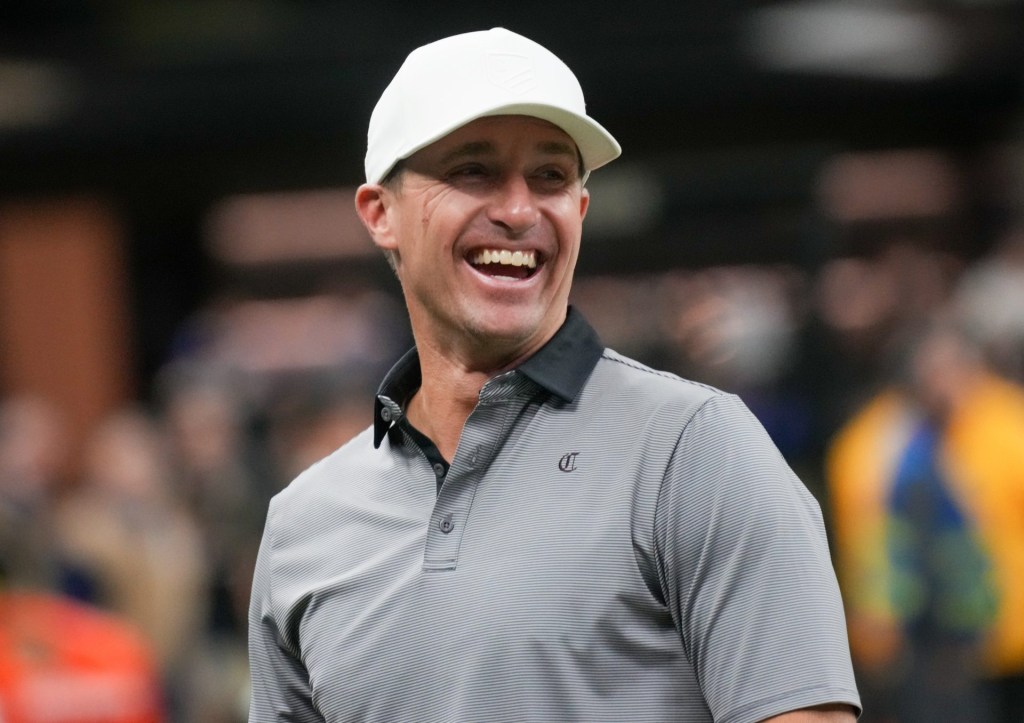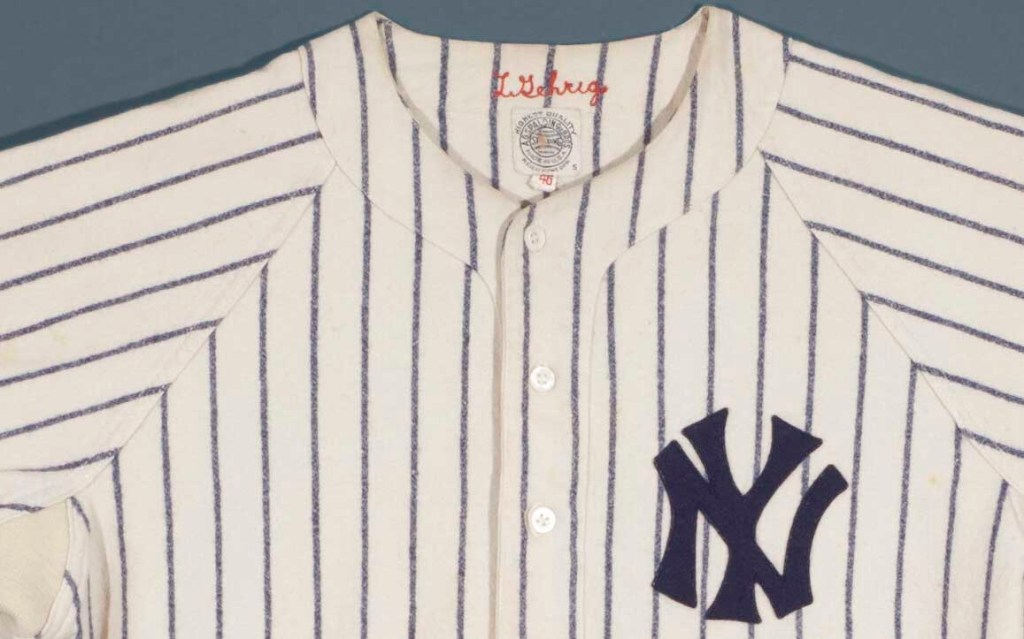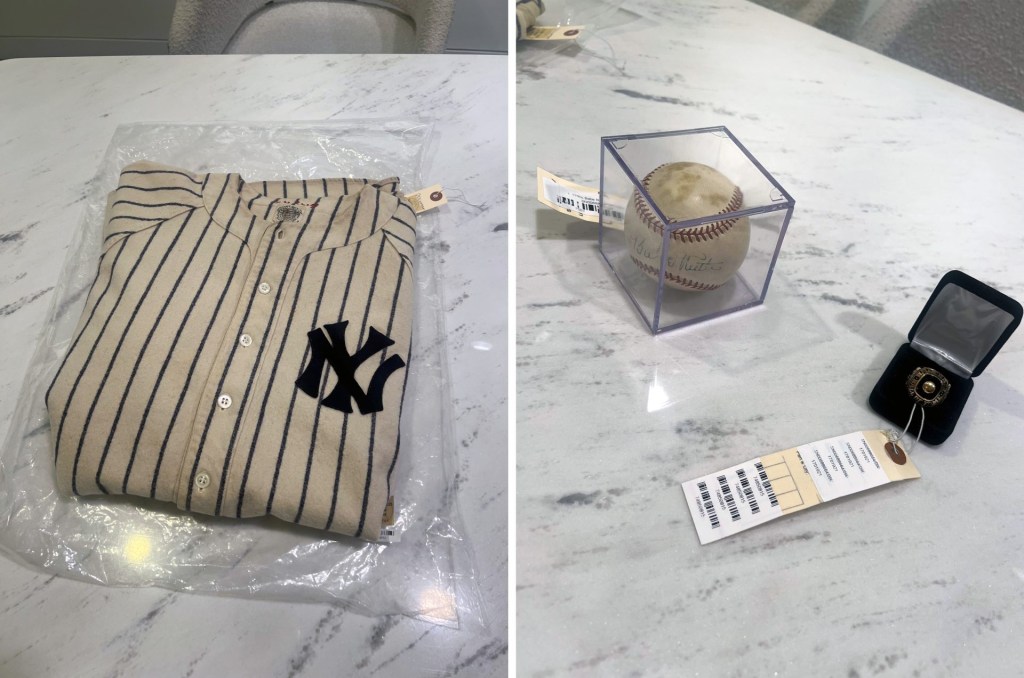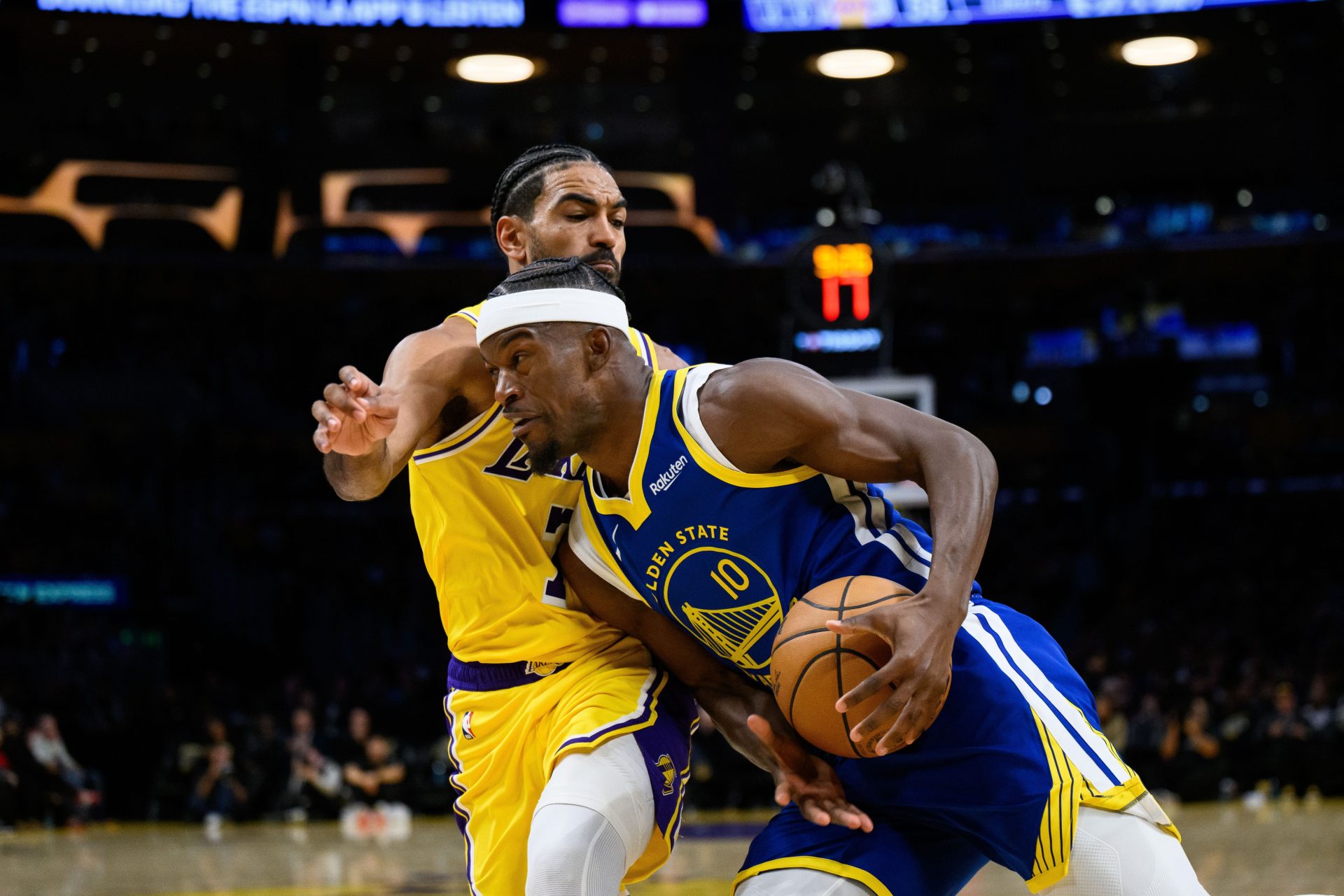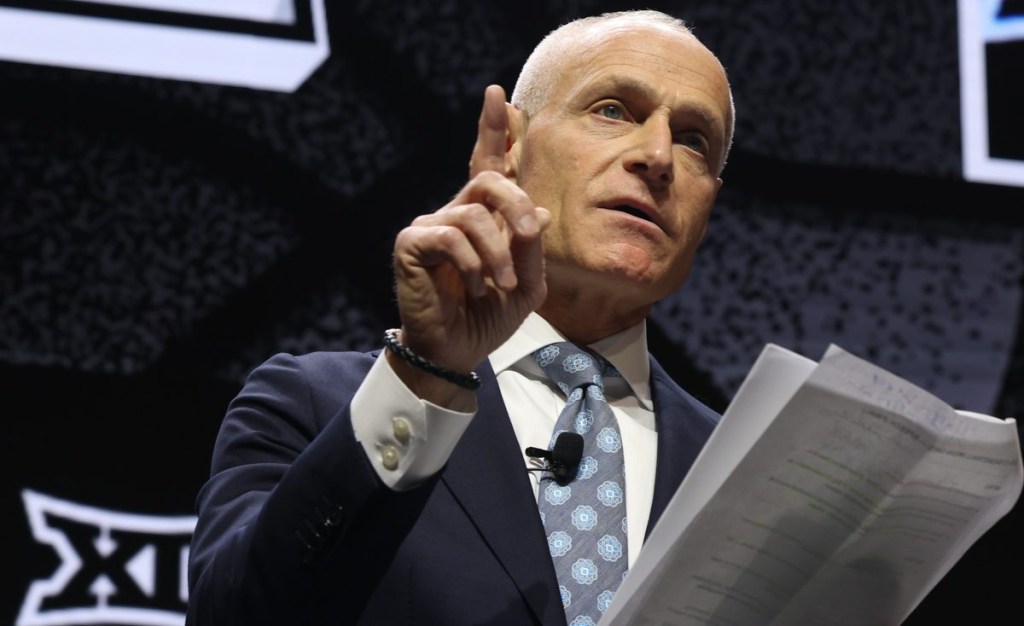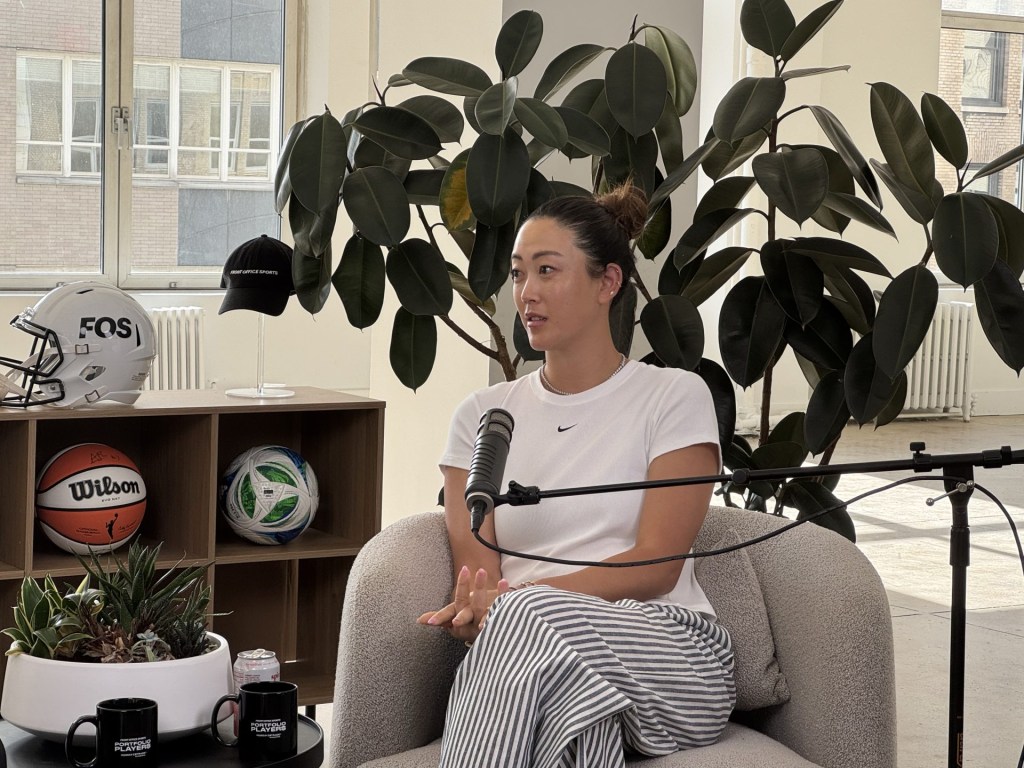DraftKings is getting in on the prediction-markets game with the acquisition of the Railbird Exchange, but the sports betting giant hasn’t yet committed to offering controversial sports event contracts.
The deal announced late Tuesday afternoon sees DraftKings acquiring Railbird Technologies and its subsidiary Railbird Exchange, an upstart prediction-markets platform that gained federal licensure in June. Front Office Sports first reported that DraftKings was in talks to buy Railbird Exchange in July. Financial details of the deal were not disclosed.
The transaction “supports DraftKings’ broader strategy to enter prediction markets, expanding its addressable opportunity through regulated event contracts,” the company said in a statement. A mobile app called DraftKings Predictions will launch “in the coming months,” with event contracts on “real-world outcomes across finance, culture, and entertainment.”
Notably absent from that list is sports, which is DraftKings’s trademark sector but has been the subject of much controversy in the world of prediction markets due to the similarity to sports betting, which is regulated on a state-by-state basis. A source familiar with the matter tells FOS that DraftKings is still evaluating whether to offer sports event contracts, and “no decisions have been made at this time.” There is potential for DraftKings to expand into additional categories over time, the source says.
This mirrors the revelation in August that FanDuel is preparing to enter prediction markets through a deal with derivatives exchange CME Group, an announcement that also did not include specific plans for sports offerings.
The entry of DraftKings and FanDuel into the prediction-markets industry is far from surprising. Both companies, and other sportsbooks, have made clear they are watching the space, which has exploded in popularity this year, even being featured in a recent episode of South Park.
The deal also signals increased competition facing primary prediction-markets players, Kalshi and Polymarket. Kalshi, which launched sports event contracts in January, has been expanding its offerings with products that allow users to trade on how many touchdowns a given player will score in a game, point spreads, and more. It recently raised $300 million and is fighting multiple battles in court over its sports products, which it argues are trading, not sports betting. Polymarket recently raised $2 billion from the operator of the New York Stock Exchange, and it is expected to relaunch in the U.S. imminently after having been previously barred from operating in the country since 2022.
Shares of DraftKings were more than 5% higher in after-hours trading Tuesday.


